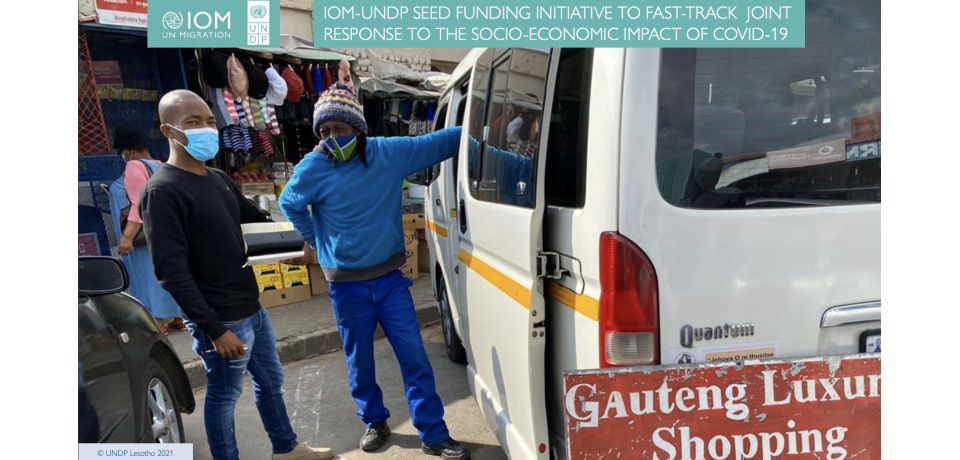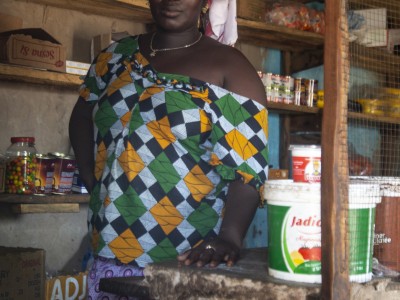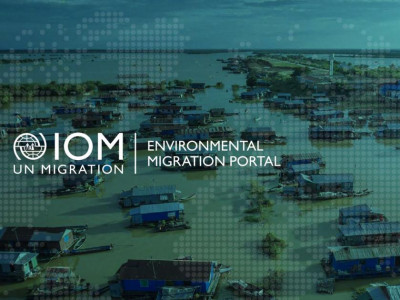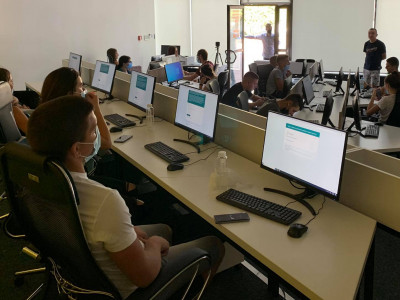Cross-border trade in Lesotho
Nessie Golakai, UNDP Lesotho, nessie.golakai@undp.org
Masoai Dennis, IOM Lesotho, mdennis@iom.int
Objectifs de Développement Durable Connexes et Objectifs du Pacte Mondial sur les Migrations
Résumé
Lesotho is surrounded by and depends on South Africa for 90% of its consumer goods and services. Given how integral informal cross-border traders (ICBT) are for the wider economic system in Lesotho, it is imperative to include the voices and needs of traders are integrated into the wider entrepreneurship & informal support ecosystem and COVID-19 stimulus packages. To understand the impact of the pandemic on border populations who have therefore been negatively impacted by closed borders and restrictive mobility and to identify solutions, a rapid analysis was undertaken.
This project is part of the IOM-UNDP seed funding initiative to fast-track joint response to the socio-economic impact of COVID-19.
Objectif clé
The objective of the project was to assess the socio-economic impact of COVID-19 on informal cross-border traders (ICBT), especially female traders.
Principales activités
The initiative consisted of a rapid assessment of the socio-economic impact of COVID-19 on ICBT, dissemination and dialogue sessions with key authorities on the key findings and recommendations of the assessment as well as advocacy for targeted inclusion of migrants and ICBT in policy measures.
The assessment also aimed to identify gaps and capacity-building needs for stakeholders, for example duty bearers such as border officials and policy-makers and rightsholders such as ICBT, and to establish key policy recommendations to improve the livelihoods of ICBT affected by the COVID-19 pandemic and its restrictions.
Principaux succès ou facteurs innovants, bonnes pratiques et enseignements tirés (si disponibles)
Key lessons learned from the initiative include that it is necessary to link projects in Lesotho’s border communities with South African teams, given the unique geographical situation of Lesotho. Moreover, support from Regional Offices would be valuable to facilitate the cross-border work and more substantively frame regional concepts, methodological approaches and strategies for human mobility from an informal cross border perspective. Furthermore, the two agencies had a successful joint approach to stakeholder engagement and resource mobilization, which moving forward will inform the elaboration of a common conceptual framework that will guide the implementation of the follow-up actions.
Bénéficiaires
Informal cross-border traders, border communities of Lesotho and South Africa



